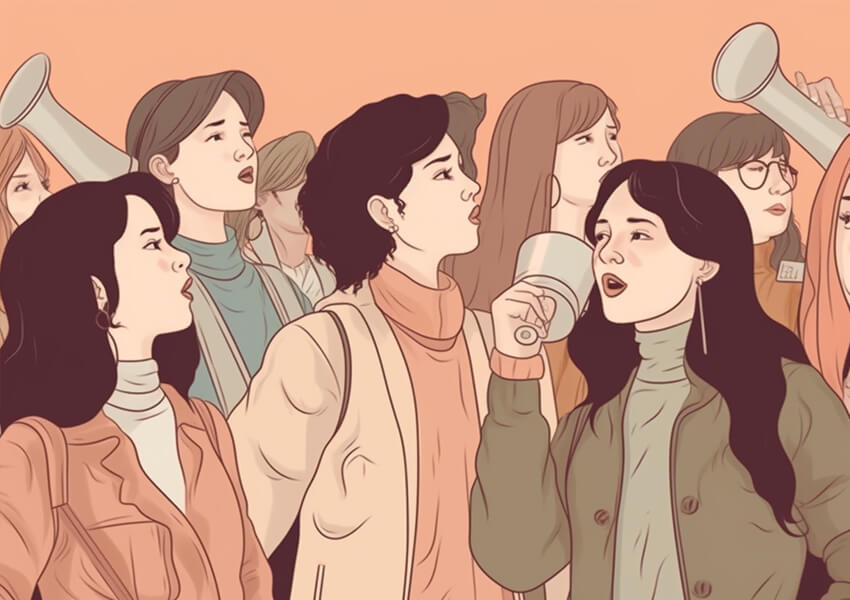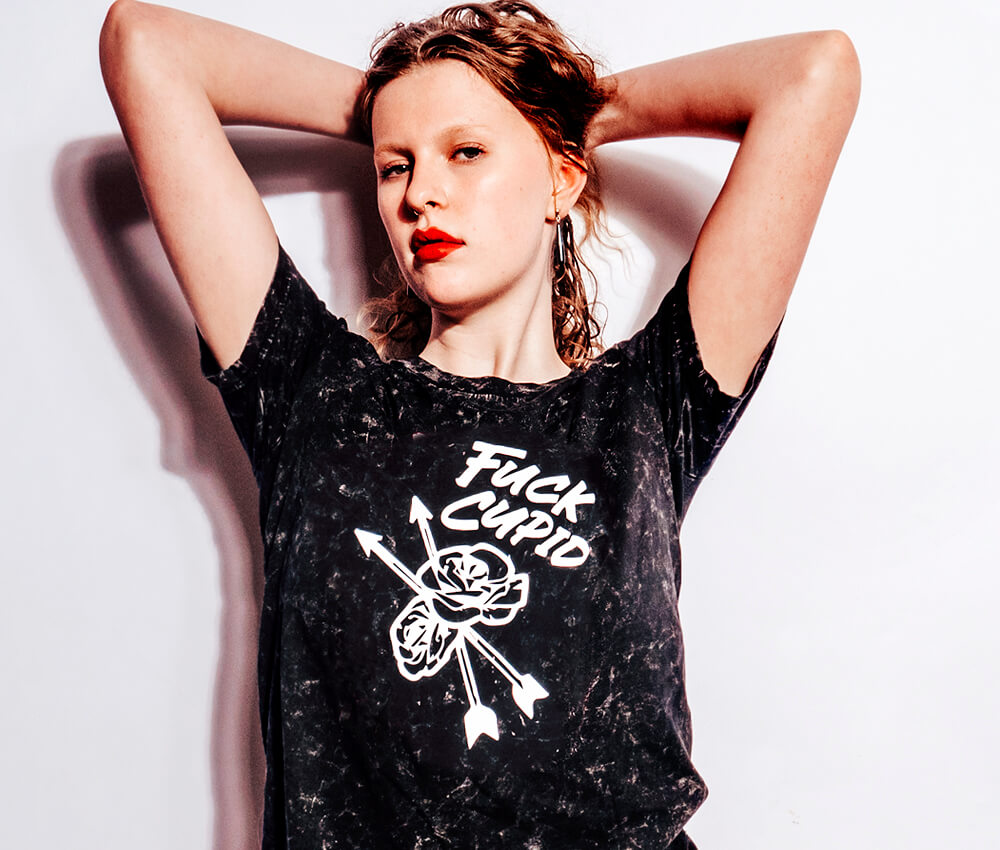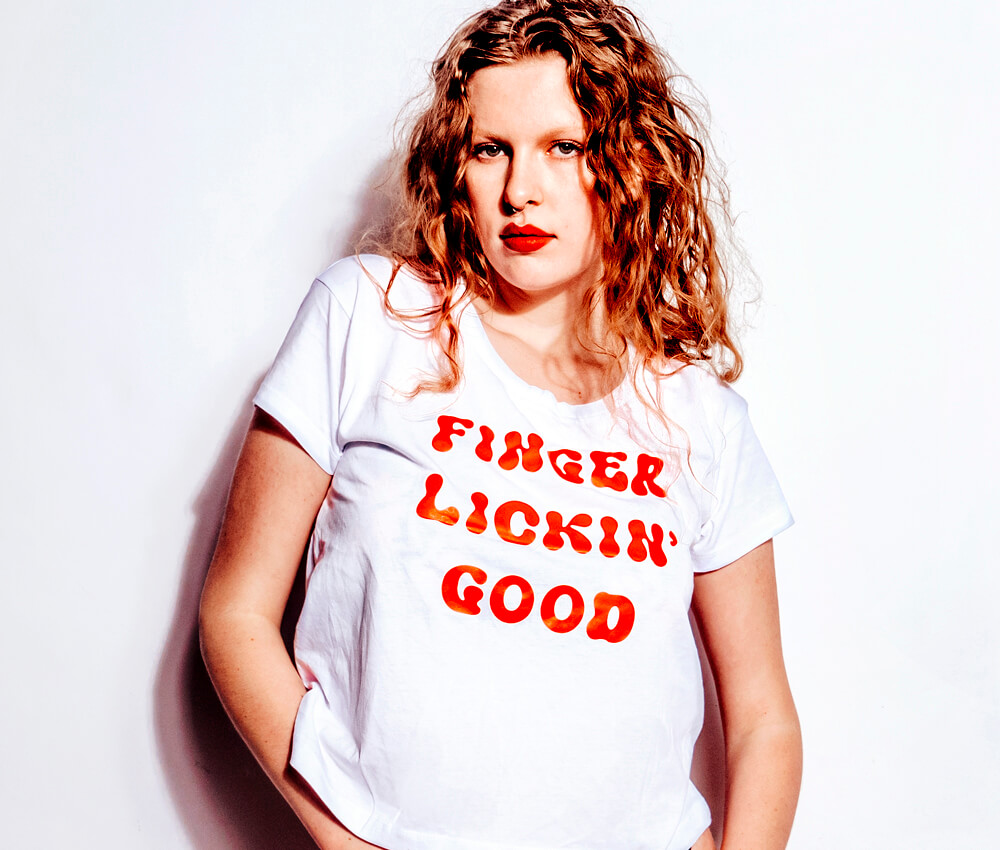Currently in the US, women earn 80.5 cents for every dollar a man does; a gender wage gap of 20 percent. For women of colour, the gap is even wider. Despite their consistently higher credit ratings, women are also often charged a higher interest rate for mortgage loans. Oh, not forgetting… the pink tax.
What Is the Pink Tax?
The pink tax is the extra amount that women pay for everyday products like razors, shampoo, haircuts, clothes, dry cleaning, and more. This “tax” applies to items that span a woman’s entire life, from girls’ toys and school uniforms to canes, braces, and adult diapers.
To some, the difference in price on individual products may not seem too drastic, but every little adds up. Gender-specific pricing (where items for women cost more than items for men) is often referred to as the “Pink Tax.”
Pink tax is just one of many political issues facing women today.
Discriminatory pricing
One particularly controversial part of the pink tax is known as the tampon tax, a fee that women are charged when purchasing feminine hygiene products, despite their necessity for most women.
A well-kept secret in consumer sales, is that items women buy often cost more than identical or very similar “men’s” products.
It is argued that the Pink Tax is not actually a tax but rather a system of discriminatory pricing on products and services that is based on gender.
Social media hashtags such as #genderpricing, #pinktax, and #AxThePinkTax have brought attention to the issue of gender-based pricing.
Worst offenders
Here is a list of products/industries where the pink tax is most prevalent:
- Personal care products (e.g. razors, shampoo, deodorant)
- Clothing and accessories
- Toys and children’s products
- Home goods (e.g. cleaning products, tools)
- Vehicles and car-related products
- Home healthcare products
- Financial products and services
- Technology products and accessories.
Period poverty
From Britain? As of January 2021, Britain became the latest country to transform its measures on sanitary products by abolishing the so-called tampon tax, no longer classifying the products as nonessential and eliminating extra costs that many have criticized as sexist.
The abolishment of the tax is part of a wider government initiative to end “period poverty” and make period products accessible to anyone regardless of financial constraints.
Research released in May from Plan International U.K., a children’s charity, found that 3 in 10 girls, ages 14 to 21 struggled to afford or get access to sanitary products during the coronavirus lockdown.
Is it getting better or worse?
The trend of the pink tax has been a topic of discussion for several years and its impact is still present in many industries. While some companies have taken steps to address the issue, the overall trend has not significantly improved.
In recent years, there has been increased awareness about the pink tax and advocacy efforts to eliminate the price disparity between products marketed to women and those marketed to men. Some states in the US have passed legislation prohibiting gender-based price discrimination in certain industries, such as personal care products.
However, despite these efforts, many products continue to be priced differently based on gender. A 2020 study found that women still pay more for similar products in nearly every category, including personal care, home goods, and clothing.
While there have been some efforts to address the pink tax, the trend of gender-based pricing disparities has not significantly improved. More action is needed to eliminate the pink tax and ensure equal pricing for products marketed to women and men.
How do we fight the Pink Tax?
It is clear to see why the Pink Tax is deemed as highly problematic, as females, including young girls should not be subject to dooms of society, simply based on their gender. While come countries are showing signs of doing better, there is a long way to go! Cough, cough (most of) Europe… we know you didn’t take action on the call to fix up in 2016.
We need to fight for fairer prices for all women all over the world and we have a long way to go.











